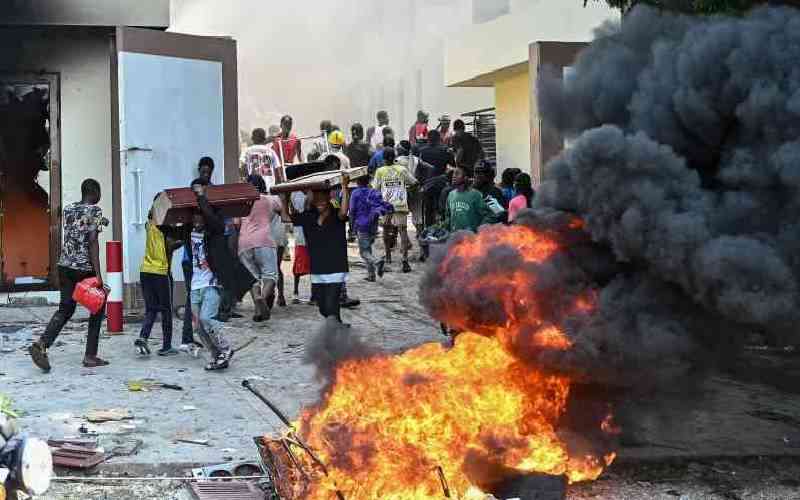
The situation the Democratic Republic of Congo (DRC) is one of the most complex and protracted crises.
Yet, despite decades of international engagement, the core issues remain unaddressed, and the global response continues to be misdirected. The international community, in its current approach, is effectively barking up the wrong tree—focusing on superficial narratives rather than confronting the deep-rooted causes of violence, ethnic cleansing, and political instability. At the heart of the conflict lies a brutal history of ethnic cleansing—particularly against the Tutsi and Hema communities.
The state, either tacitly or actively, has often been complicit in perpetuating violence against these groups. Hate speech against the Tutsi has been used to justify massacres and displacements, fueling cycles of violence that have persisted for over three decades.
The suffering of these communities has been largely invisible on the global stage, overshadowed by other narratives, even as hundreds of thousands of Tutsi refugees remain in camps across Rwanda, Uganda, Burundi, Kenya, and Tanzania. Their plight is ignored or downplayed, even as their displacement and trauma continue unabated.
The FDLR (Democratic Forces for the Liberation of Rwanda), a rebel group responsible for atrocities against the Tutsi, has been integrated into the Congolese army—FARDC—undermining efforts to establish a legitimate, accountable security sector.
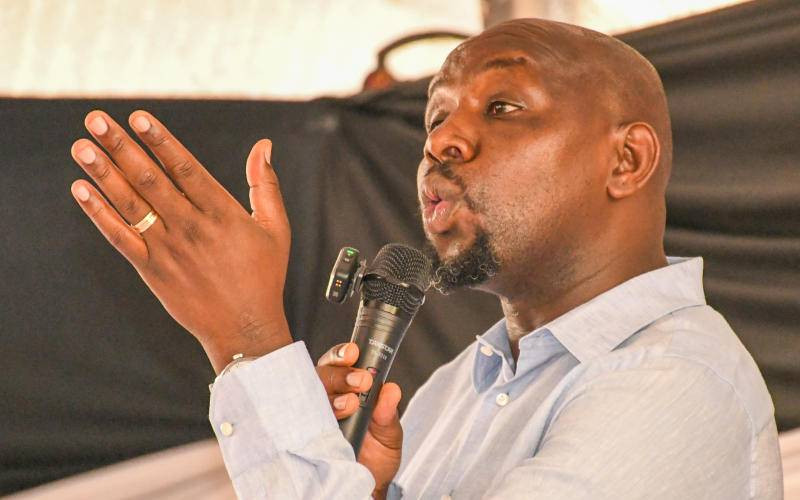
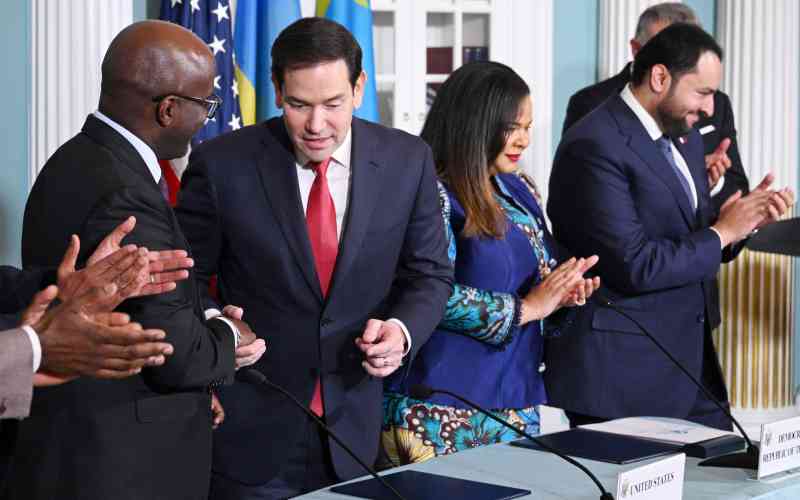
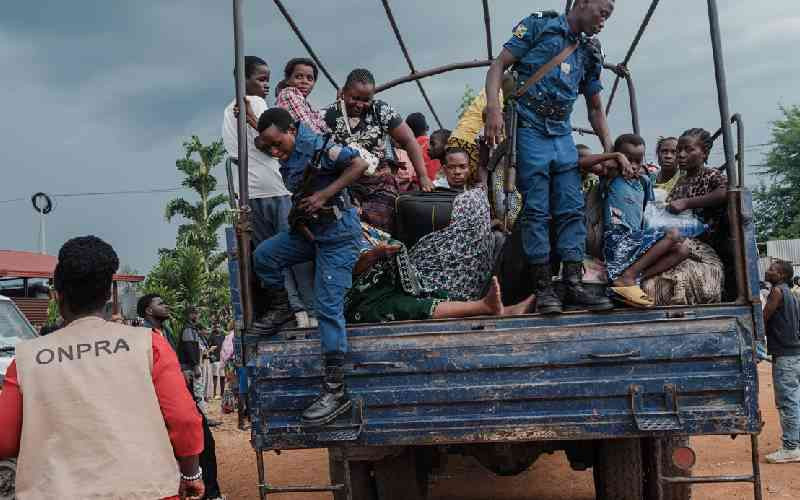
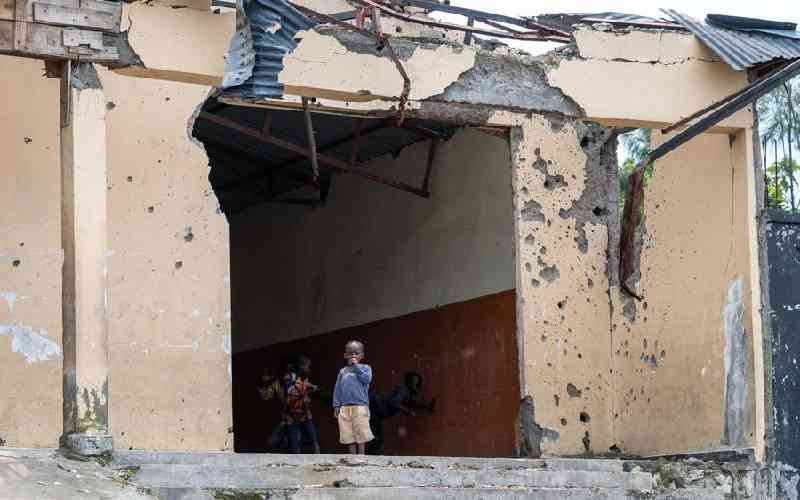
This mainstreaming of insurgent groups blurs the lines between rebel factions and the state. Instead of dismantling these groups, the government under President Tshisekedi has allowed their presence to persist, further entrenching ethnic divisions and violent cycles. For Tutsi, displacement has become an enduring tragedy, with generations born and raised in refugee camps. Despite their long exile, the international community remains indifferent to their suffering.
Meanwhile, attention tends to focus on internally displaced populations (IDPs) within the DRC—those caught in conflicts that, ironically, are often rooted in the same ethnic and political issues ignored by global actors.
This selective concern neglects the broader, more complex realities faced by refugee communities, whose displacement is a direct consequence of systemic violence and ethnic cleansing that the world refuses to confront head-on. One of the most troubling aspects of the international engagement in the DRC is the narrative pushed by the Congolese government, which attributes the conflict primarily to greed for mineral resources.
While resource exploitation undoubtedly fuels some aspects of violence, this narrative is a convenient distraction—an externalisation of the root causes. It shifts blame onto foreign actors and illegal mining, shielding the government from accountability and allowing it to dismiss ethnic tensions, political exclusion, and systemic impunity as secondary or external factors.
By succumbing to this narrative, Western powers have failed to scrutinise the deeper political and ethnic issues that perpetuate conflict. As the US, Qatar, and other mediators embark on efforts to broker peace, caution is paramount. The current military advantage held by the M23 rebel group presents both an opportunity and a risk. Mediators must resist the temptation to push for quick, superficial agreements that serve political expediency or diplomatic victory.
The writer is a communication consultant